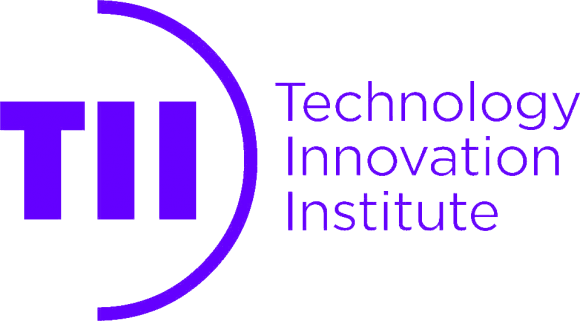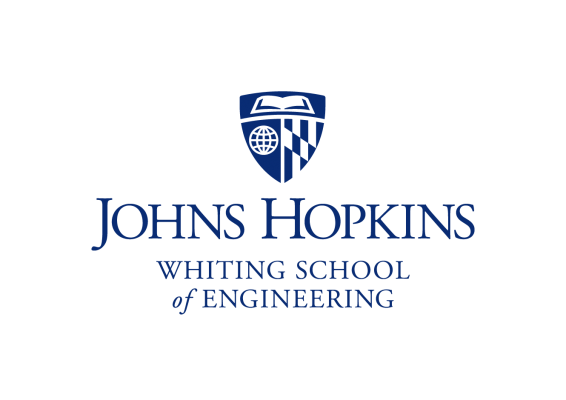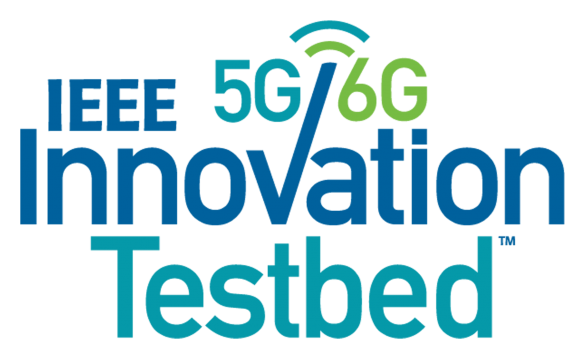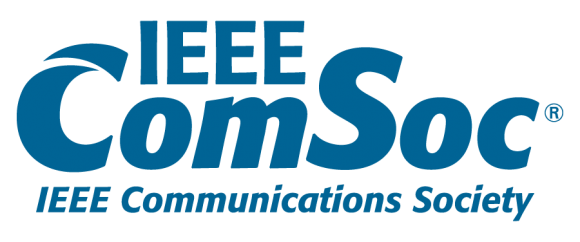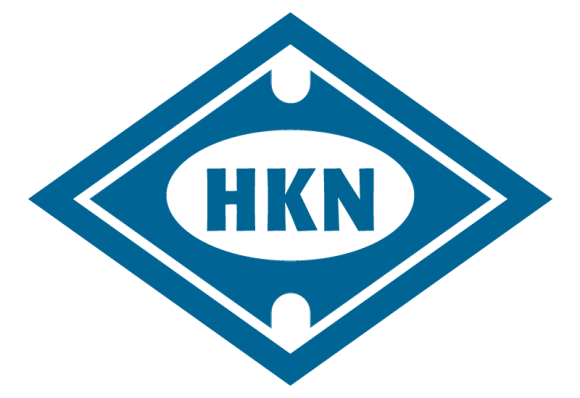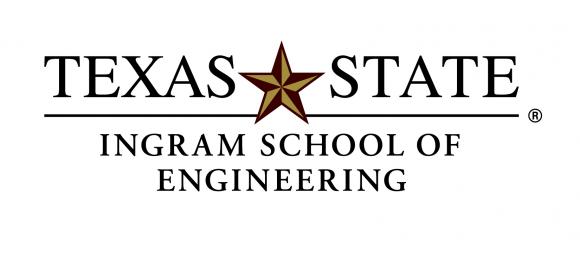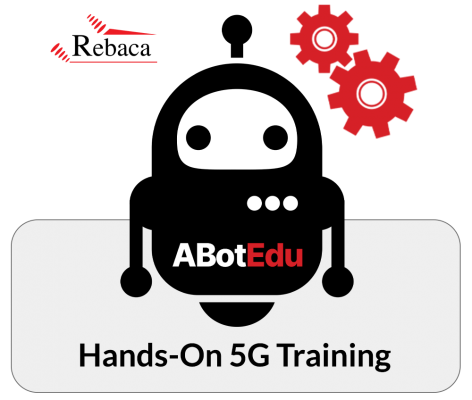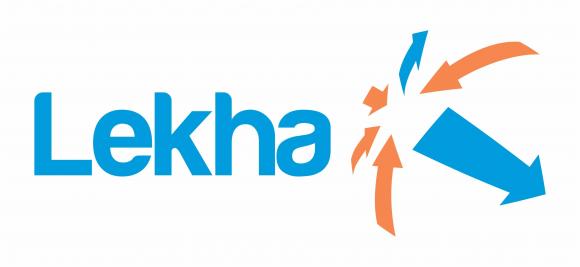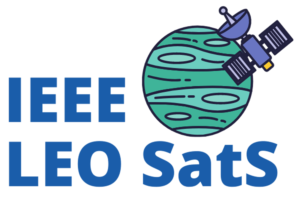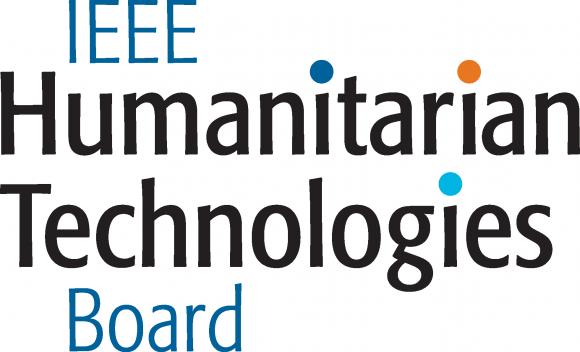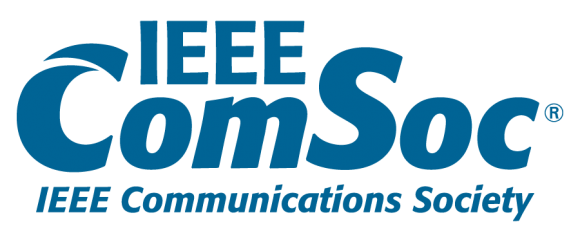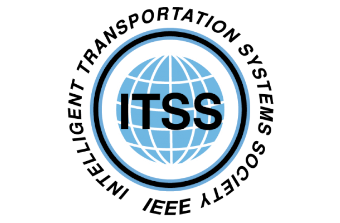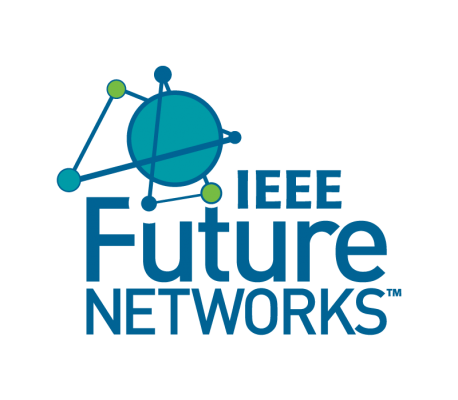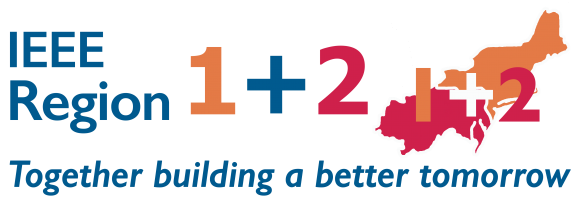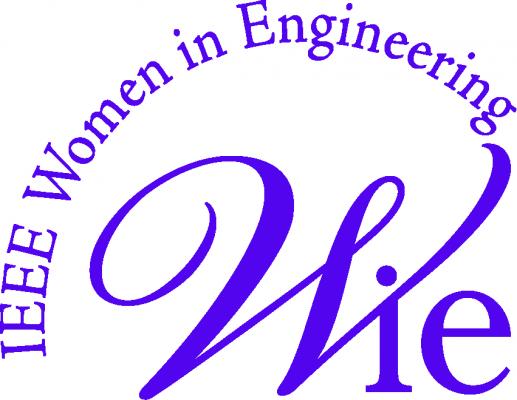Date and Time
13 November 2023 // 14:00 - 15:30
(All times are in Eastern Standard Time (EST))
Scope
The rise in the incidence of global pandemics and climate catastrophes demonstrates that the demand for healthcare services is stretched beyond what services can be effectively provided. Even with increased healthcare spending in recent years in the United States and worldwide, access to healthcare resources has declined for many. To improve the quality and accessibility of healthcare solutions to meet this increasing demand and increase patient self-efficacy, connected healthcare solutions, including hospital-at-home, are being introduced. Many limitations exist for hospital-at-home models, including policy gaps, technological gaps, and issues patients face specific to their health outcomes. To overcome these limitations, a transdisciplinary framework for hospital-at-home is needed.
The Hospital at Home (HAH) patients receive the same hospital-level care but in familiar and comforting surroundings without the interruptions and noise of hospital life. The services can include, among other things, home infusion, remote monitoring, and laboratory testing, as well as home visits by nurses, physicians, nursing practitioners, and other related personnel such as social workers, physiotherapists, and pharmacists.
Combining HAH models and services with effective digital health modalities and tools to deliver participatory, patient-centered care may be leveraged to exploit AI for translational precision medicine and prevention, thus building impacts and delivering cost reductions over time. A transdisciplinary framework with an integrated healthcare ecosystem, networking capabilities, and governance will effectively deliver HAH solutions.
A transdisciplinary strategic vision includes a commitment to filling in the gaps and meeting the needs of all. It is essential to achieve these goals with the dignity, identity, inclusion, trust, and agency necessary to provide transparent design for well-being and accessibility in technology. Successful healthcare delivery, particularly Hospital at Home of the Future, shows promise to transform how individuals, families, and communities can access and participate in their own healthcare and experience greater independence and lifelong well-being. Whereas today, many may experience a lack of access for various technology, policy, and social reasons, in a revolutionary era of HAH, many more individuals may find care through new models.
Expert Presentations from Participants of the IEEE SA Transforming the Telehealth Paradigm Industry Connections Program
Talk titles and Invited Speakers
- "Understanding the Needed Technologies and Levels of Support to Enable Hospital at Home," Elizabeth W. Baker, Associate Professor, Virginia Commonwealth University
- "The Required Infrastructure to Support Transdisciplinary Framework for Hospital at Home," Narendra Mangra, Principal, GlobeNet, LLC; Chair, IEEE P1950.1 Standard for Communications Architectural Functional Framework for Smart Cities; Co-Chair, IEEE Transforming the Telehealth Paradigm Industry Connections Program
- "Developing Innovations to Enable Critical Care Monitoring at Home: The Oxycam Project," Husain Khanki, CEO, Active Medical EU; winner of the 2023 IEEE Telehealth Tech Pitch Competition
- "IEEE P2933 Hospital at Home Case Study: Making IoTs Interoperable and Secure with TIPSS," Florence Hudson, Executive Director Northeast Big Data Innovation Hub; Chair, IEEE P2933– Clinical IoT Data and Device Interoperability with TIPPSS Working Group
SHORT BIO OF Invited Speakers
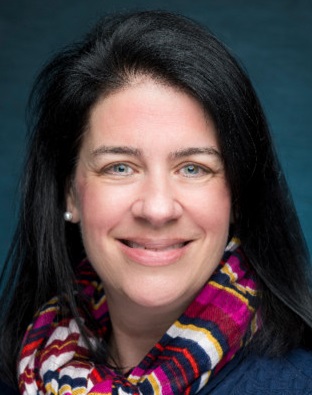 Elizabeth White Baker is an Associate Professor of Information Systems at Virginia Commonwealth University. She completed a fellowship at the Massachusetts Institute of Technology in Systems Design and Management. Her research includes adoption and diffusion of technology, as well as telehealth, cybersecurity, ethics, and safety engineering in healthcare organizations. Her work has been quoted in the New York Times and published in journals such as the Journal of Strategic Information Systems, Communications of the Association for Information Systems, Information Systems Frontiers, and IEEE Transactions on Engineering Management.
Elizabeth White Baker is an Associate Professor of Information Systems at Virginia Commonwealth University. She completed a fellowship at the Massachusetts Institute of Technology in Systems Design and Management. Her research includes adoption and diffusion of technology, as well as telehealth, cybersecurity, ethics, and safety engineering in healthcare organizations. Her work has been quoted in the New York Times and published in journals such as the Journal of Strategic Information Systems, Communications of the Association for Information Systems, Information Systems Frontiers, and IEEE Transactions on Engineering Management.
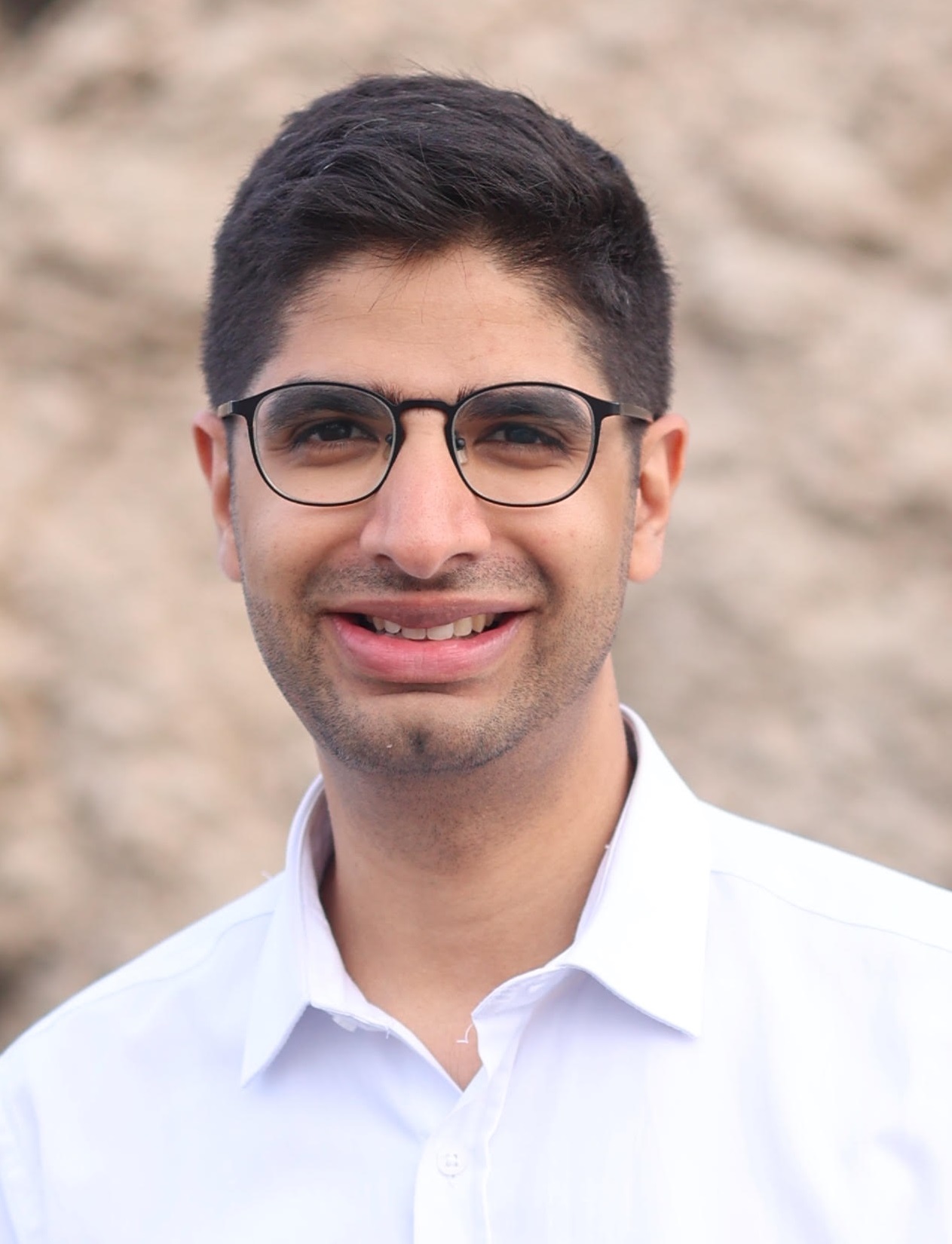 Husain Khaki is a medical doctor-turned entrepreneur working to deliver impact and social value at scale. He is CEO of Active Medical, a MedTech company in Eindhoven, NL that uses patented point-of-care AI technologies to bring physiology to the bedside. The first application of this technology is for real-time fluid and oyxgen monitoring of Critically Ill patients. He also has experience of other healthcare enterprises, including a primary healthcare chain (50,000 patients) which he scaled to 3x EBITDA in 2 years and the largest per-capita C19 vaccine rollout in the UK. Prior to this, he was a Senior Executive at KroniKare, a Singapore-based MedTech company delivering point-of-care wound assessment and led the company through financing and OEM partnerships with strategics in the EU, MENA and LATAM regions.
Husain Khaki is a medical doctor-turned entrepreneur working to deliver impact and social value at scale. He is CEO of Active Medical, a MedTech company in Eindhoven, NL that uses patented point-of-care AI technologies to bring physiology to the bedside. The first application of this technology is for real-time fluid and oyxgen monitoring of Critically Ill patients. He also has experience of other healthcare enterprises, including a primary healthcare chain (50,000 patients) which he scaled to 3x EBITDA in 2 years and the largest per-capita C19 vaccine rollout in the UK. Prior to this, he was a Senior Executive at KroniKare, a Singapore-based MedTech company delivering point-of-care wound assessment and led the company through financing and OEM partnerships with strategics in the EU, MENA and LATAM regions.
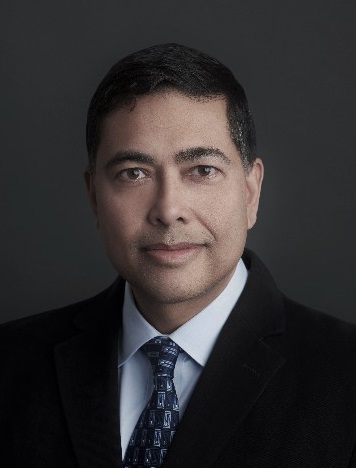 Narendra Mangra is a Principal at GlobeNet LLC and provides advisory and consulting services. across industry, government, and academia. His diverse experience spans strategy development, roadmap development, spectrum management, mobile network planning and system deployments, enterprise-wide modernization, program management, and education. He is an Adjunct Professor at the George Mason University. Narendra also leads several IEEE initiatives such as the Future Networks INGR, P1950.1 smart cities architecture standards development, Public Safety Technology Initiative, and the Telehealth and Transdisciplinary Framework Industry Connections. His current interests include comprehensive transdisciplinary frameworks, 5G and future networks, digital transformation, smart communities, and related ecosystems.
Narendra Mangra is a Principal at GlobeNet LLC and provides advisory and consulting services. across industry, government, and academia. His diverse experience spans strategy development, roadmap development, spectrum management, mobile network planning and system deployments, enterprise-wide modernization, program management, and education. He is an Adjunct Professor at the George Mason University. Narendra also leads several IEEE initiatives such as the Future Networks INGR, P1950.1 smart cities architecture standards development, Public Safety Technology Initiative, and the Telehealth and Transdisciplinary Framework Industry Connections. His current interests include comprehensive transdisciplinary frameworks, 5G and future networks, digital transformation, smart communities, and related ecosystems.
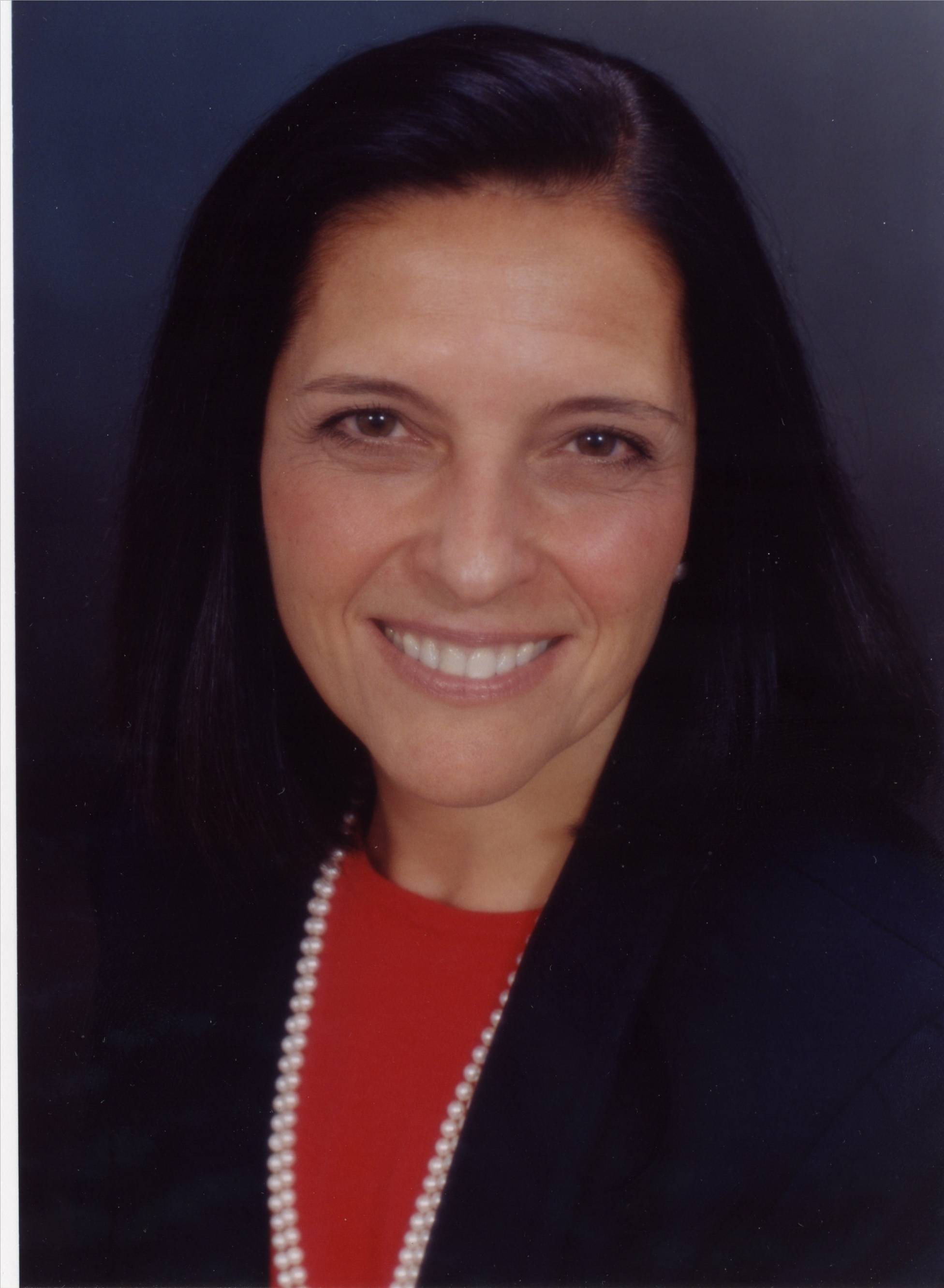 Florence Hudson is Executive Director and Principal Investigator for the NSF and NIH funded Northeast Big Data Innovation Hub at Columbia University, COVID Information Commons, Cybersecurity Risk Conference and National Student Data Corps. She is also Founder and CEO of FDHint, LLC, a global advanced technology and diversity & inclusion consulting firm. She Chairs the IEEE P2933 Working Group on Clinical Internet of Things Data and Device Interoperability with TIPPSS (Trust, Identity, Privacy, Protection, Safety and Security) and is on the IEEE Engineering in Medicine and Biology Standards Committee. She is a former IBM Vice President and Chief Technology Officer, Internet2 Senior Vice President and Chief Innovation Officer, Special Advisor for the NSF Cybersecurity Center of Excellence, and aerospace engineer at the NASA Jet Propulsion Lab and Grumman Aerospace Corporation. She is an experienced Board Director (NASDAQ: IEC) and Trustee, currently serving on multiple academic and nonprofit Boards. She earned her Mechanical and Aerospace Engineering degree from Princeton University, and executive education certificates from Harvard Business School and Columbia University.
Florence Hudson is Executive Director and Principal Investigator for the NSF and NIH funded Northeast Big Data Innovation Hub at Columbia University, COVID Information Commons, Cybersecurity Risk Conference and National Student Data Corps. She is also Founder and CEO of FDHint, LLC, a global advanced technology and diversity & inclusion consulting firm. She Chairs the IEEE P2933 Working Group on Clinical Internet of Things Data and Device Interoperability with TIPPSS (Trust, Identity, Privacy, Protection, Safety and Security) and is on the IEEE Engineering in Medicine and Biology Standards Committee. She is a former IBM Vice President and Chief Technology Officer, Internet2 Senior Vice President and Chief Innovation Officer, Special Advisor for the NSF Cybersecurity Center of Excellence, and aerospace engineer at the NASA Jet Propulsion Lab and Grumman Aerospace Corporation. She is an experienced Board Director (NASDAQ: IEC) and Trustee, currently serving on multiple academic and nonprofit Boards. She earned her Mechanical and Aerospace Engineering degree from Princeton University, and executive education certificates from Harvard Business School and Columbia University.



